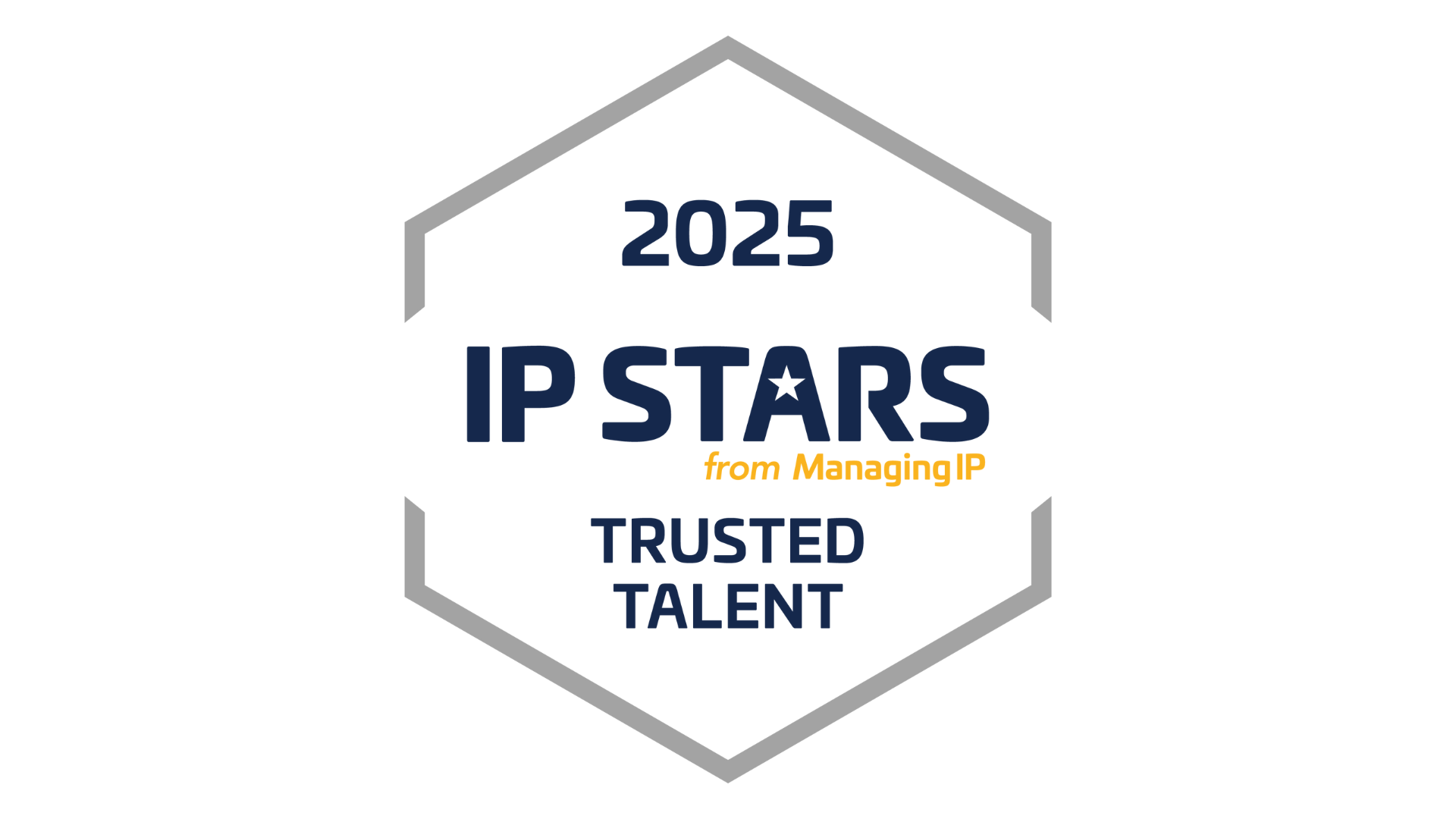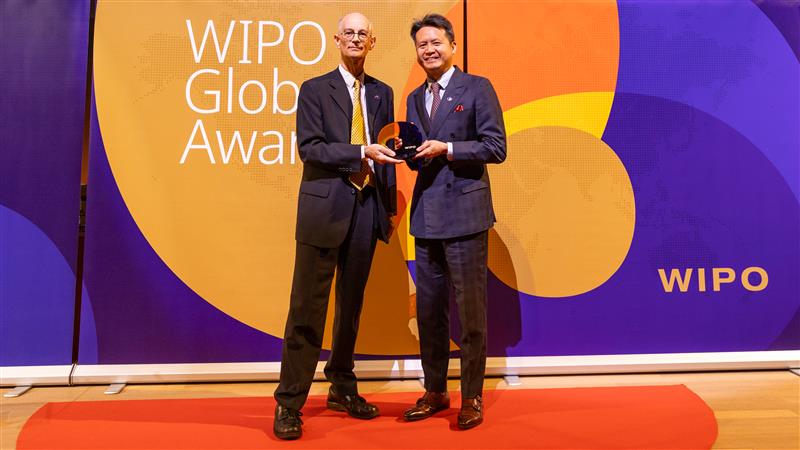Retail Scanner
The war on plastic: Saving the planet one cup at a time
September 2018
Is it all about retailer innovation? In 2016, Lego announced plans to establish a Sustainable Materials Centre dedicated to the research and development of new sustainable materials for their products and packaging. Fast forward to 2018: Lego announce production of a range of sustainable Lego elements made from plant-based plastic sourced from sugarcane (bio-PET).
Initially, the range of sustainable elements will be limited, but this is a step forward in Lego’s commitment to use sustainable materials in core products (including the iconic brick) and packaging by 2030. However, extensive research and development will be required considering Lego produce more than 3,700 different elements from 20 different plastics.
This is a small drop in the ocean (mind the pun) when considering the increase of plastic consumption over the last 50 years.
The rise of consumerism has gone hand-in-hand with a rise in the demand for plastic. A report by the Ellen MacArthur Foundation (2016) stated that global plastic production was estimated at 311 million metric tons in 2014 – a quarter of which constituted plastic packaging. As more consumers in developing countries such as China and India join the global economy, further demand for plastic is inevitable.
It seems clear: innovation in plastic and packaging technology is necessary to keep products out of the waste stream for longer. Developing products that are recyclable, re-useable or biodegradable by design (circular economy), rather than relying on a take, make and dispose model (linear economy), it is thought, will help mitigate the negative impact of plastic consumption.
Such an approach is advocated by the UK Plastics Pact, one aim of which is to have 100% reusable, recyclable or compostable packaging by 2025. In total, signatories to the pact are responsible for around 80% of plastic packaging sold through UK supermarkets. Packaging innovators at some of the UK’s most ubiquitous brands will be busy over the next decade.
Whilst the above pledges are all fine and well, it is estimated that 95% of plastic packaging constitutes single use packaging.
The coffee industry typifies this problem and it has been well publicised that each year in the UK, approximately 2.5 billion disposable coffee cups are thrown away. Traditionally, these are formed having a plastic inner lining tightly bonded to an outer shell. As a result, recycling is difficult, the majority going to landfill.
This was, and is, a space crying out for innovation. Thankfully, a few have stepped up to the plate.
Take Frugalpac, a Suffolk based company with several patents to eco-friendly containers, and trade coffee cups under the name Frugal Cup. For example, GB2492887 has claims to a container having a ‘separable inner lining’ adhered to an outer shell such that the ‘adhesion between the lining and the internal surface of the shell is such that the lining can be peeled away from the shell so that the inner lining and shell are fully separated’.
Despite steps being taken, it is fair to say that there is plenty room for innovation in plastics and packaging, and more pressure on brands to do so. This issue will affect all retailers over the next decade. A failure to innovate will inevitably lead to a small number of innovation led businesses controlling a recyclable, re-usable and biodegradable plastic replacement industry. The choice appears to be between whether to innovate or allow those businesses to control that market and the amount retailers pay for that innovation.































